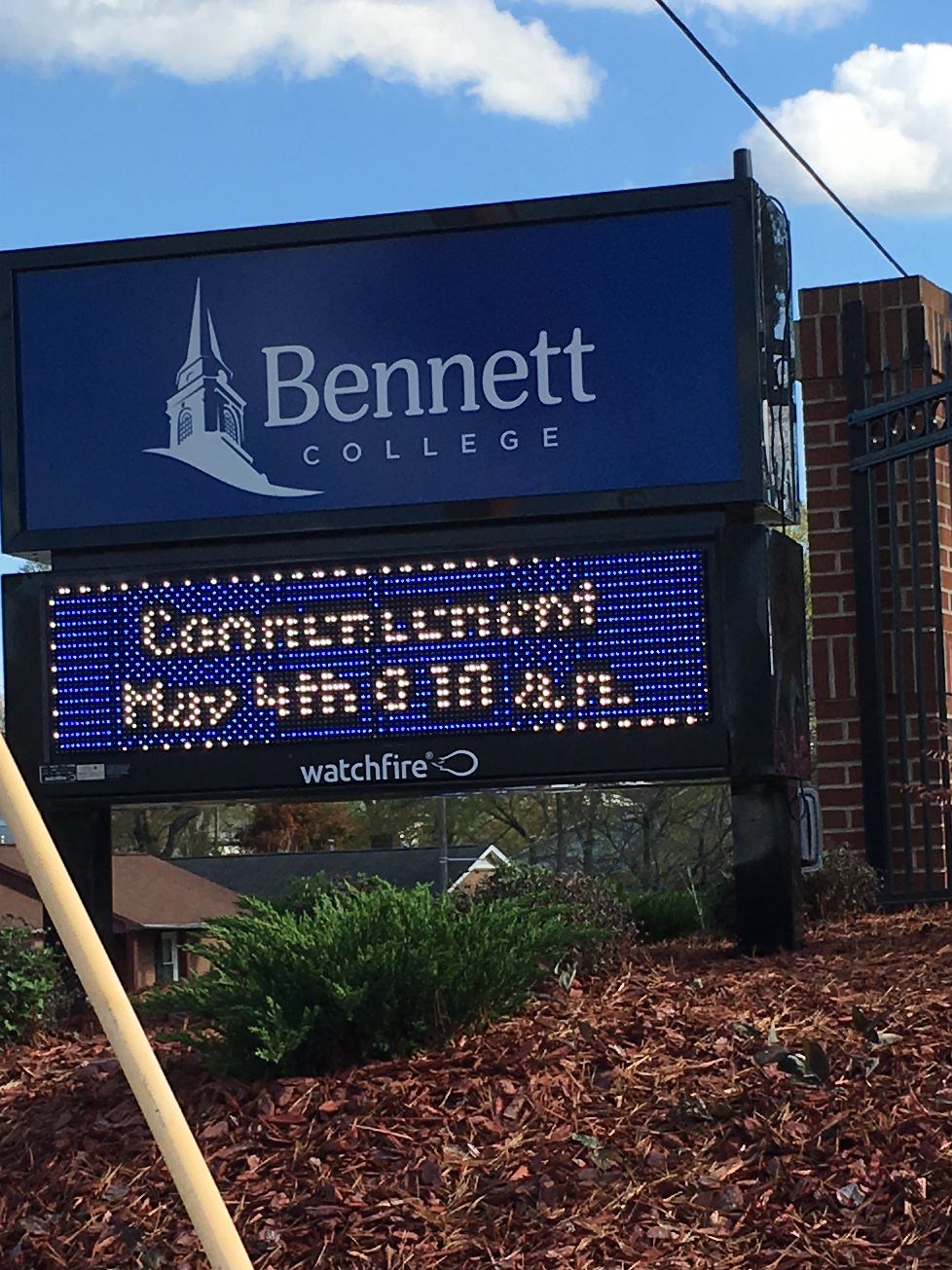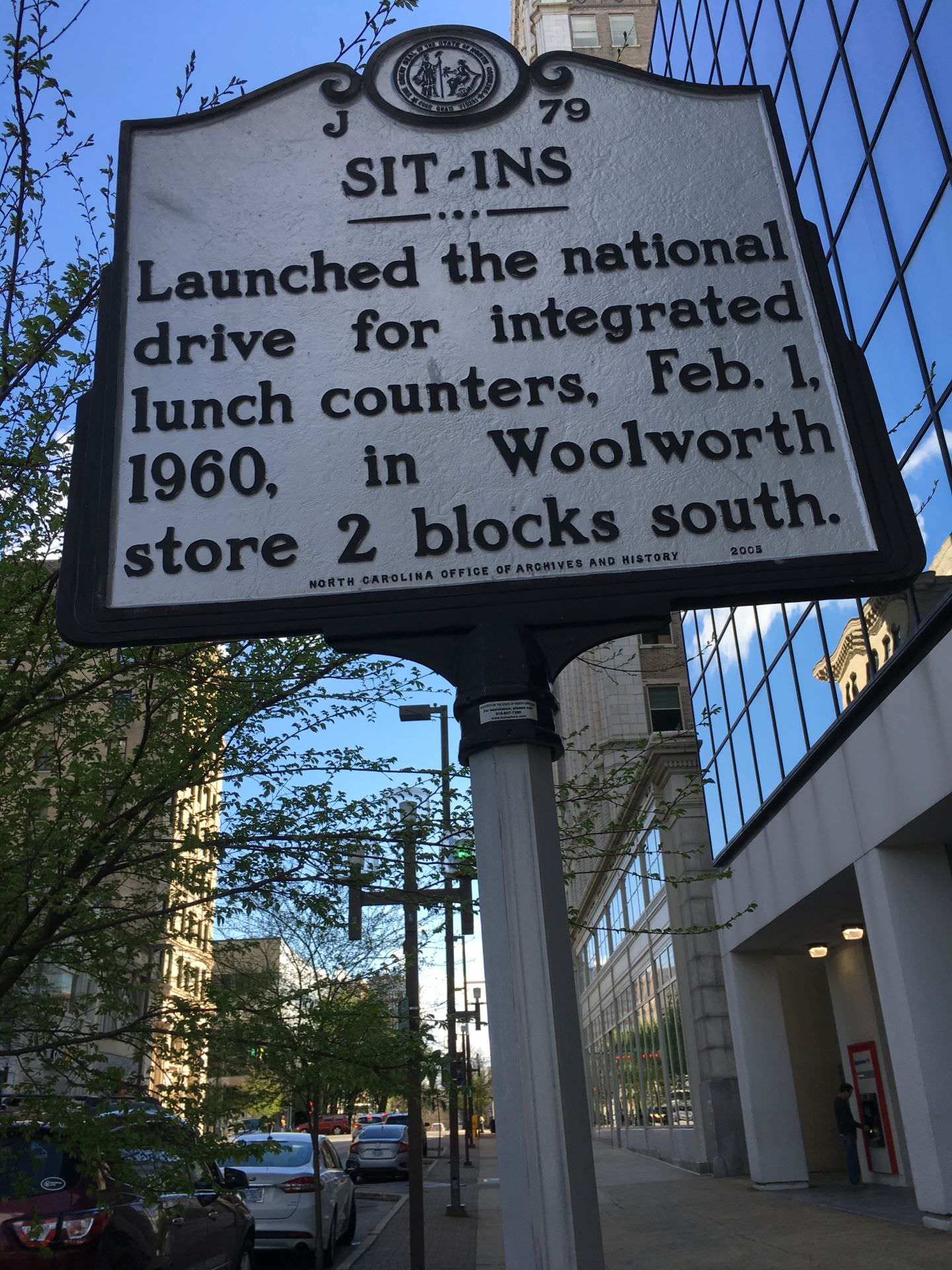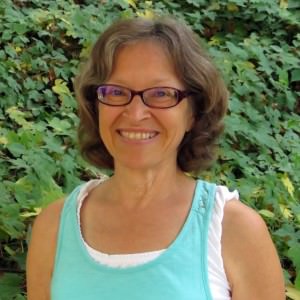My American Penance and Reconciliation

Editor’s Note: Lifelong missioner, Janice Smullen describes how her way of thinking continues to shift as she learns more about the history of the United States and ways she can live out a journey of reconciliation after returning from mission in Jamaica.
I have to admit that I am not a regular attendee of weekly Catholic reconciliation sessions. I have an elementary and easy going attitude toward reconciliation requirements, procedures and format. I am a fan of face-to-face because it gives me a stronger connection to the priest and enables me to read his face which tells me if there is time for more discussion or if I should hurry. As I read more about St. Francis and inquired into Secular Franciscan requirements, I became confused about the role of penance. It seemed to be a requirement (if only a few times/year) in Francis’ time and his Exhortations painted a vivid picture of the fates of those who practiced penance (“glorious”) and those who did not (“will render an account…”)
Yet with a closer reading, I saw that the glories come about because of the love between the penitent and the Lord. I began to see the difference between penance and reconciliation. Penance, to me, was something delegated to me by someone else and it echoed my First Communion/pre Vatican II mindset. Reconciliation seems to make more sense to me. Reconciliation is a process that grows out of my own heart, from my own sorrow, and nourished by my desire to give my best self to Jesus.
Although, I am back in my familiar geographical home of Greensboro, I know that my mind and heart are in a different place than before I left for Jamaica. One of the first groups that I found on Meet-Up was the Guilford Anti-Racism Alliance, a subject that I probably would not have had interest in before I went on mission. The group holds meetings once a month to discuss local and national issues. There is a “white caucus” group; a “people of color” group’; and a “joint caucus” meeting together. These discussions help me expand my views of white privilege that had begun to form in FMS’ formation sessions.

Now I find myself thinking of reconciliation daily in this present day America. As I began to do more service with Greensboro Urban Ministry and meet new friends in book discussions and at Reconciliation for Greensboro prayer vigils each week, I began to see many new areas of Greensboro.
My ministry often takes me to the East side of town where the lack of grocery stores and malls contrast with my previous neighborhood, which had everything available from hardware to high fashion. This ministry has enlightened me to understand more fully why groups of black men often congregate on one corner of town every day – a corner I used to drive by without a second thought. They are there to be present for a daily job call. Whenever I drive to my church, which was originally the black Catholic church in Greensboro, I pass a small neon notice board marking the entrance to the historically black women’s college while the predominantly white university on the other side of town has room to display its many events in large letters big enough for me to see from a distance. While I used to usher at a local theatre that was well endowed and partnered with that same well endowed university, now I try to attend the plays given on the transformed basketball court at an East side recreation center that has a low budget sound system behind a curtain in the back, yet where the cast lines up to chat and shake every attendee’s hand after a performance.
Since returning from mission, my association with the Greensboro Anti-Racism Alliance and attendance at a two day presentation about racism in America have expanded my understanding of white privilege exponentially. The American “ideal” of “white race” goes back to the colony of Virginia in 1680 when the House of Burgesses determined that a white man is one with no negro or Indian blood (except for descendants of John Rolfe and Pocahontas) and only white men could own land and vote. There is a continuous thread in our history that exploits people of color in agriculture, manufacturing, transportation and other advances, yet our history books never tell the full story. The “history” tells of the glorious achievements of the continental railroad designed and financed by wealthy power holders but not of the “in-between” laborers who built it. The 1935 Social Security Act excluded domestic servants and agricultural workers. Today, in North Carolina, we have the stories of poor farming areas competing with large scale hog farming run-off and pollution and poor neighborhoods dealing with rivers polluted by utility company coal ash. We have a legislature enamored by ICE trying to bully local sheriffs, who want to foster tolerance and acceptance, into cooperating with deportations of locals.
 My path of reconciliation includes my daily gratitude for expanding my understanding of the current situation. I am beginning to take a more public stance by participating with the Poor People’s Campaign workshops and participating however I can in their National Call for Moral Revival. I participate in a weekly twenty minute prayer time for reconciliation in Greensboro held at our Government Center plaza. Prayer has led me to minister here as a Stephen Minister with Greensboro Urban Ministry, a large organization, supported mostly through donations, to assist people struggling with hunger, financial setbacks, and lack of housing. Most exciting for me is rediscovering Jesus’ true gospel message of the need and rewards of “doing these things for the least of my brothers”. I am a newcomer on this path of reconciliation. I will always date my deeper understanding of the difference between penance and reconciliation and the start of this new journey, as Lent, 2019.
My path of reconciliation includes my daily gratitude for expanding my understanding of the current situation. I am beginning to take a more public stance by participating with the Poor People’s Campaign workshops and participating however I can in their National Call for Moral Revival. I participate in a weekly twenty minute prayer time for reconciliation in Greensboro held at our Government Center plaza. Prayer has led me to minister here as a Stephen Minister with Greensboro Urban Ministry, a large organization, supported mostly through donations, to assist people struggling with hunger, financial setbacks, and lack of housing. Most exciting for me is rediscovering Jesus’ true gospel message of the need and rewards of “doing these things for the least of my brothers”. I am a newcomer on this path of reconciliation. I will always date my deeper understanding of the difference between penance and reconciliation and the start of this new journey, as Lent, 2019.
Reflection Question: How can you work towards reconciliation within your own community?
Tagged in:

